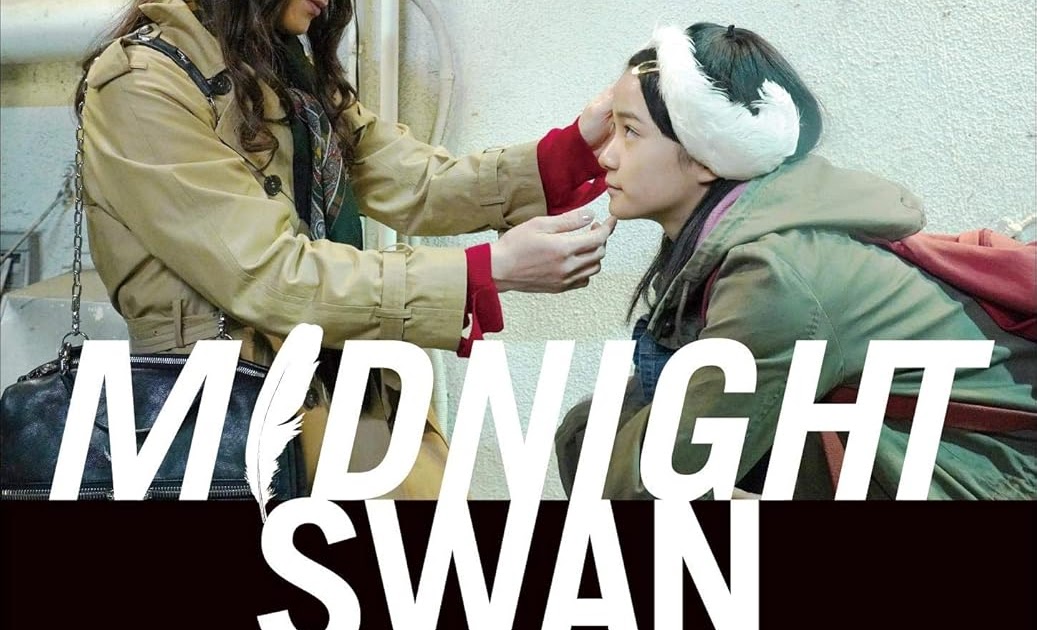
Original Language: Japanese
Títutulus original: Middonaito suwan
Translation: Assuka Ozumi (al portgué)
Year of publication: 2020
Valoración: Read
I know perfectly that this blog is mainly dedicated to literature written in (or translated into Spanish, although works written in other languages spoken in Spain or its surroundings have also been reviewed, even without Spanish translation. I hope not being stretching the league too much with this review. However, with the recent boom of Asian literature translated into Spanish (I sincerely hope that it is not just the result of the indiscriminate use of artificial intelligence), I am sure that they will soon find this book on the shelves of their favorite bookstore, in a perfect Castilian Castilian (and I also hope that the cover does not resort to any Japanese cliché, as a man dressed in kimono and made up as a geisha). Anyway, you can watch the movie in Netflix.
Midnight Swan tells the story of two marginalized: Ichika, a high school student, victim of abuse and with an alcoholic mother; and Nagisa, a transgender woman who works in a nightclub. Due to his mother’s problems, Ichika has to temporarily move to the tiny apartment of his aunt (which from his perspective is his uncle) in Tokyo, further complicating the already precarious situation of Nagisa, who survives with economic difficulties, expenses for medications and debts. The plot is not especially original: both must fight their precariousness to achieve more than survive. Ichika finds shelter in ballet, typically reserved for high classes, while Nagisa, initially reluctant, develops feelings that could be considered maternal to Ichika. This new link, caring for Ichika and helping her to overcome her mother’s abandonment, gives a renewed sense to her life.
The problem with the book (and even more with the film) is that none of the leading characters is developed until its last consequences. Considering that one of them is transgender, it would have been enriching to deepen the specific difficulties facing this community, especially as adult entertainment workers in a society where it is still taboo (the film even dangerously brushes caricaturization). Other sensitive issues such as the incursion of adolescents into adult entertainment, child abuse and addictions are also superficially treated. However, I must recognize that, despite this generalized superficiality, the glimpses of the world of so-called New-Half (term used to refer to transgender women in the adult entertainment industry) are sufficient to justify reading.
Finally, a brief comment on cinematographic adaptation: it is lousy. The performances are exaggerated and overact (why so many Japanese and Korean films fall into this?). Some locations are interesting, such as the impoverished departments in the center of the metropolis or the interior of the nightclubs. However, dance scenes lack originality. In general, it is a fairly mediocre adaptation.
Source: https://unlibroaldia.blogspot.com/2025/07/eiji-uchida-midnight-swan.html


